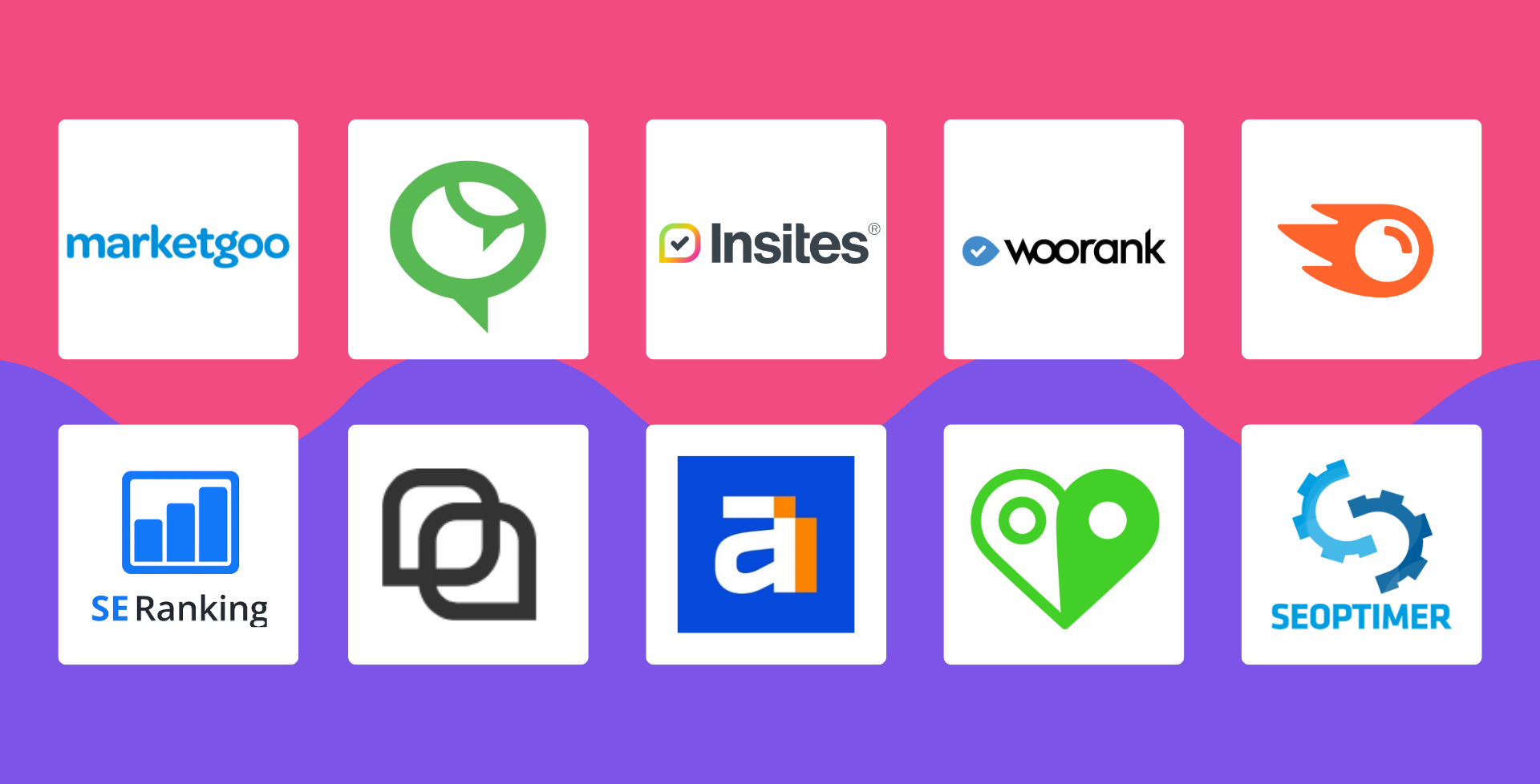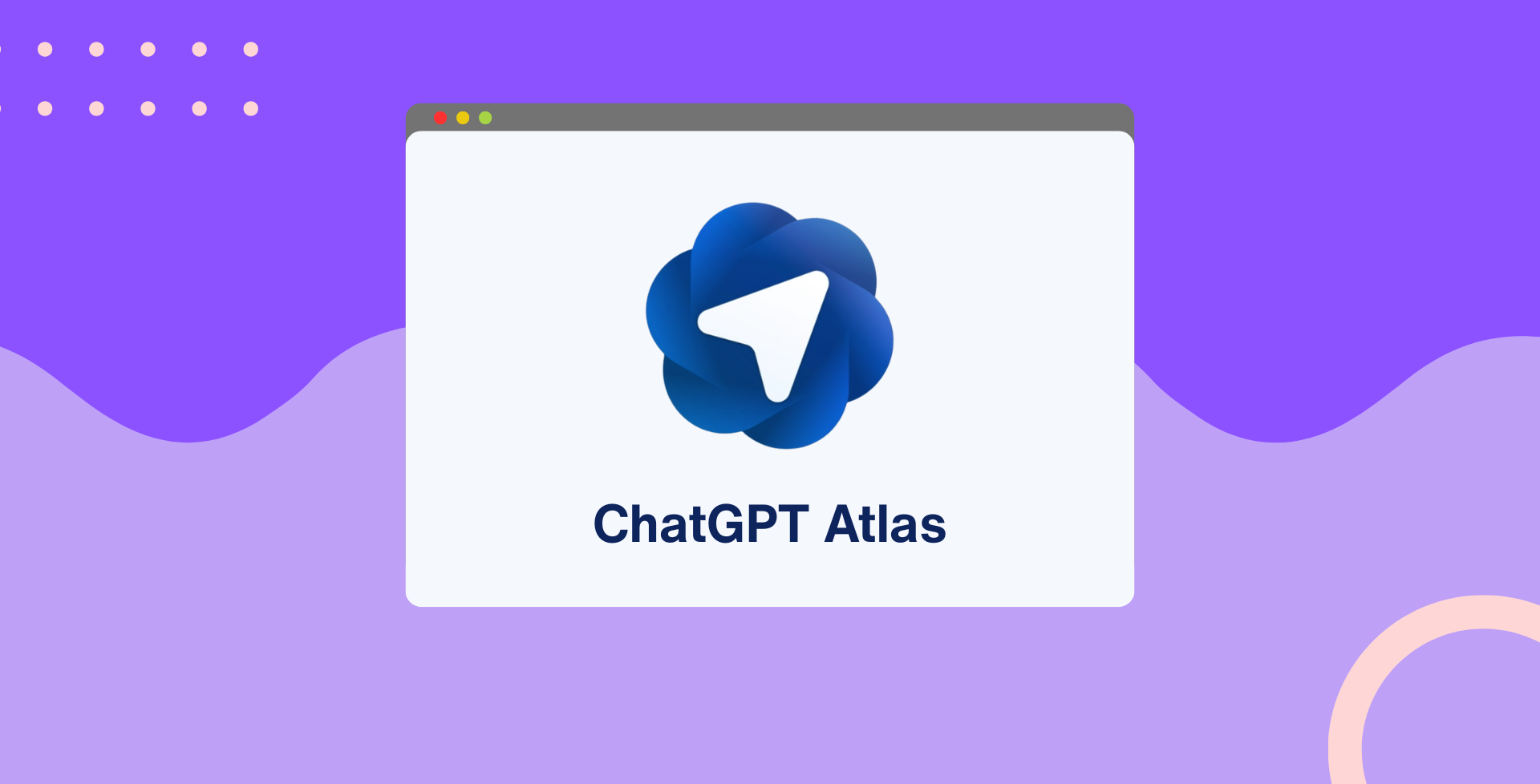The growing need for sales automation in agencies
Izzy Fletcher • December 4, 2024
If managing the sales process is one of your biggest challenges, ask yourself: what could be automated?
Too often, mid-large agencies with extensive sales teams let their sale reps spend more time on admin tasks, internal meetings, and lead qualifying, rather than on delivering value to customers. But remember: people buy from people. Your sales team’s main focus should be on relationship building and closing deals, not ad-hoc, time-consuming tasks. That’s where automation tools come in!
Chances are, you’re already using at least a couple of automation tools already, like Salesforce . But are you keeping up with your competitors? They’re finding smarter ways to build an AI driven tech stack to boost productivity and conversion. In fact, high-performing sales teams are 2.8x more likely to use sales automation compared to underperforming teams.
Identifying automation opportunities in your agency’s sales process
Imagine your looking at cracked paint on your ceiling. The simple fix is to paint over them. But actually, the paint cracks have appeared because of an underlying damp problem. Identifying problems in a sales process and setting KPIs works in a similar way. You have to start by understanding the reason why something has gone wrong to find the best solution (fixing the damp first, not rushing with the paint). Start with the why , not with the what !
What processes have been causing issues in your agency? Maybe you’ve noticed sales reps are spending too much time on daily tasks like lead qualification and data entry? Once you’ve identified where the problems lie, it’s time to create goals and KPIs to overcome the issues. What’s comes next is the fun part – finding the right tools (or paint).
Agencies use automation in various ways. It’s not a one size fits all, but some key automation features that help sales are:
- Automated lead scoring
- Chatbots
- Email drip campaigns
- Pipeline reminders
How do you determine which specific sales process need the helping hand of automation in your agency? After speaking to your stakeholders to gain second opinions, do further research on what tools could be an option. Gather a few options of tools that could tick the box, shop around, and consult with your colleagues. When picking any tool, my advice would be, don’t commit to an option based on what the website is trying to sell you. Book in a demo call to ask specific questions determine if this tool will benefit your current processes and KPIs. We want to ensure Insites is the right fit for your agency, so offer easy-to-book, free discovery calls .
To learn more about choosing the right automation tools, check out our recent blog.
Tools for effective sales qualifying and converting
There are a lot of opportunities where automation could help, but I’d let’s focus on one that we hear a lot about at Insites : sales reps not being experts in what they sell. Because how many of your sales superstars are secretly SEO ninjas on the side? Probably none… And why should they be? No one is expecting the SEO experts in your company to be smooth-talking sales people. Of course, sales teams need some understanding of digital marketing to sell it your agencies services, but they can do it without extensive training and using multiple resources.
Many sales reps rely on online audits to qualify SMBs and identify areas of weakness. How do they get the audit? Maybe you currently use tools like SEMrush or Ahrefs. These comprehensive tools will help your SEO leaders understand where those SMBs need support, however, they’re designed for specialists who can translate the complexities of the findings.
Though Semrush and Ahrefs are worth their weight in gold in the right hands, for sales teams, they add additional layers of complexity and hinder their efficiency. So when looking to improve your sales efficiency with automation, looking at tools like Insites, My Web Audit, and Hike SEO could bridge the gap between understanding and selling digital marketing services. These tools all pull the same findings but relay them in a language everyone can understand, meaning your sales team can focus on selling rather than translating.
Best practices for implementing sales automation in large agencies
When introducing a new automation tool avoid overwhelming your sales team. Dropping a new system on them all at once is like tossing in a grenade – it’s bound to cause disruption and frustration. Instead, take a phased approach:
- Ensure senior leaders are confident using the tool before rolling it out to everyone
- Focus on the core functionalities that will deliver immediate value to your team
- Start small and introduce features gradually
Most tools are packed with features, but don’t overcomplicate things. Keep it simple and practical for your team to adopt effectively.
What are some of the best practices to follow once it’s been implemented?
Make Training Ongoing
Once the basics are in place, prioritise continuous training to keep everyone on the same page. After all, the tool was implemented to streamline processes, so proper usage is critical to maximise ROI. During the initial rollout stages, gather feedback through informal meetings or surveys. Look for trends in user experiences and make any relevant adjustments.
Tailored Solutions
Don’t give up on a tool if it doesn’t tick every box straight away, contact the tool’s customer service team and bring your concerns/ideas to the table! We recommend reaching out to your account manager. Agencies like yours are on the front line using the tool, so they value your external feedback more than anything else.
Measure ROI
Finally, track ROI using key metrics like productivity gains and revenue growth. This data will guide future decisions on budget allocation, campaign strategies, and training programs to ensure your automation investment continues to pay off.
Measuring the impact of automation in the sales process
To ensure past problems don’t creep up again, measure and compare the before and after results. Not only does this allow you to fine-tune workflows, for the best outcomes, the ROI justification is crucial for stakeholders and future budget allocations. Common KPIs that large agencies typically focus on include:
- Lead Qualification If your team is currently using multiple resources or long-winded qualification frameworks, assess whether automation has helped streamline and simplify this process
- Team Performance Using metrics such as number of leads handled and converted will show the impact automation has had on your team’s efficiency and output
- Sales Cycle Length Has automation sped up your sales cycle? If you’ve chosen a tool like Insites , the answer should be yes!
- Retention Rate Freeing up time for your sales team to nurture existing clients should improve relationships with existing clients
- Revenue Growth Measure any revenue growth linked to your automation efforts – the numbers are where real impact shines!
Tracking these KPIs will give you valuable insights into how your sales automation is performing and highlight areas for further improvement.
Taking the first steps towards automating your agency’s sales process can feel like a big project, but it doesn’t have to be overwhelming.
Once you find the right automation tool, you can refine and optimise for continued growth! The result? Happy sales reps, satisfied customers and revenue growth!
Ready to take the next step in automating your sales process? Insites is the sales weapon you need! Start with a free demo call , and discover how Insites can help your team work smarter, not harder.
Case study: Success story of a large agency that automated its sales process
Many digital agencies have made the mistake of choosing automation tools that don’t live up to the hype. That’s okay, trial and error is often part of the process! But what if you could skip the guesswork? Insites is the automation tool guaranteed to boost productivity and drive sales within your agency. Just ask FCR Media .
When FCR Media partnered with Insites in 2017, they achieved a remarkable 37% increase in sales. Since then, they’ve been loyal customers, expanding the tool’s use across their marketing and fulfilment teams (I told you automation tools are packed with features).
About FCR Media
FCR Media Ireland is the largest digital media agency for SMBs in Ireland. As the owner and publisher of the Golden Pages print and online directory, they’ve been a trusted advisor to small businesses since 1967. Insites was adopted by FRC Media to give sales people the confidence to deliver valuable digital marketing information to SMBs in seconds, rather than spending hours using multiple resources, and getting frustrated with the complex data that other audit tools were offering.
Discover more Insites success stories .
Happy selling!
LAST UPDATED
December 4, 2024
SHARE THIS


























